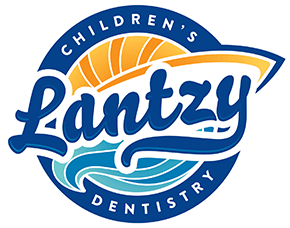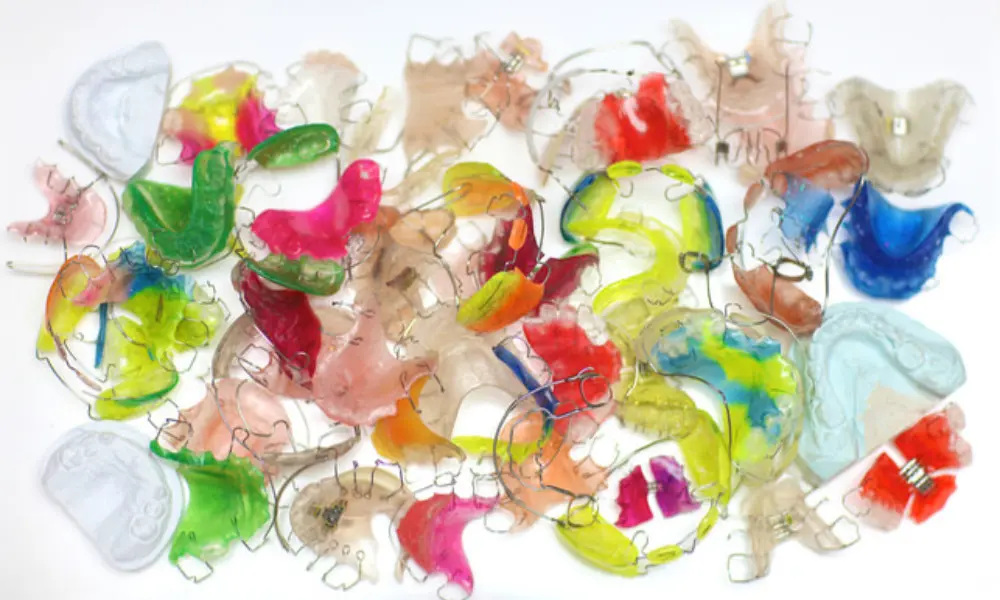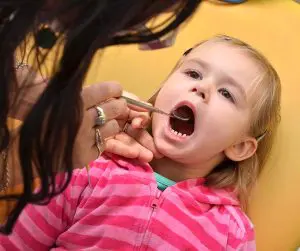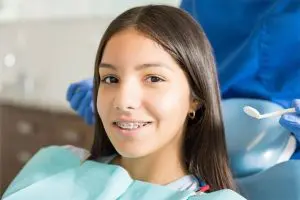Oral appliances are vital tools in helping someone get a healthy smile. It’s important, then, that someone wearing an oral appliance cares for it properly to ensure its long-term effectiveness. Here’s how to care for two of the most popular oral appliances – braces and retainers.
Caring for a Retainer
Retainer care is all about keeping it bacteria-free, and in good shape so that teeth can go to their intended destination.
You can clean your retainer with a gentle, unscented hand soap and warm water. Or, you can use a non-abrasive toothpaste to gently scrub your retainer to clean it. Usually, whitening toothpastes have abrasives, so stay away from those when cleaning your retainer. Be sure to thoroughly rinse your retainer with cool water after scrubbing it. And NEVER use soap with bleach or bleaching agents on your retainer.
Use a Separate Toothbrush
When cleaning your retainer, use a clean toothbrush that you don’t use on your teeth. This helps ensure that your appliance gets as clean as possible, and keeps it bacteria-free.
Don’t Use Mouthwash or Boil Your Retainer
Never rinse your mouth with mouthwash while wearing your retainer or oral appliance, nor should you attempt to clean your retainer with mouthwash. Mouthwash, particularly flavored mouthwash that is colored, can stain and weaken oral appliances and retainers. Additionally, never boil your retainer to clean it, which can alter its shape and render it useless, which will cost you time and money to replace.
After cleaning your retainer, store it in its case or in a clean glass of water overnight.
Caring for Braces
Braces are meant to be clean and free of food-debris so that teeth can remain healthy while the braces are worn. Food buildup can expose teeth to acid assaults that destroy tooth enamel and lead to cavities. The best way to keep braces clean is by brushing after each major meal per day for two minutes at a time. By keeping braces clean and free of debris, you can protect the surface and health of your teeth, and keep your brackets and wires in working order.
Try using braces-specific cleaning tools like Waterpiks and floss-threaders, which help flossing around brackets, and getting food debris out from the hard-to-reach areas.
ALWAYS Avoid Oral Piercings
Oral piercings are popular among teenagers, and are surprisingly common with people that wear oral appliances. Surveys of adolescents and young adults (age 13 – 29) report that 25% to 35% have a body piercing at a site other than the ear lobe. Oral piercings are mostly made of metal, and they can do real damage to oral appliances like braces or retainers. An oral piercing of any sort can dislodge wires, break brackets and get caught in an appliance, which can lead to bleeding. If you have an oral appliance, we advise you to stay away from any oral piercing until it is removed.
Ask Us!
If you’re concerned about how to care for your oral appliance, or your child’s oral appliance, then visit our office. We can offer tips on how to keep your appliance in working order, and save you money on potential costly repairs.






